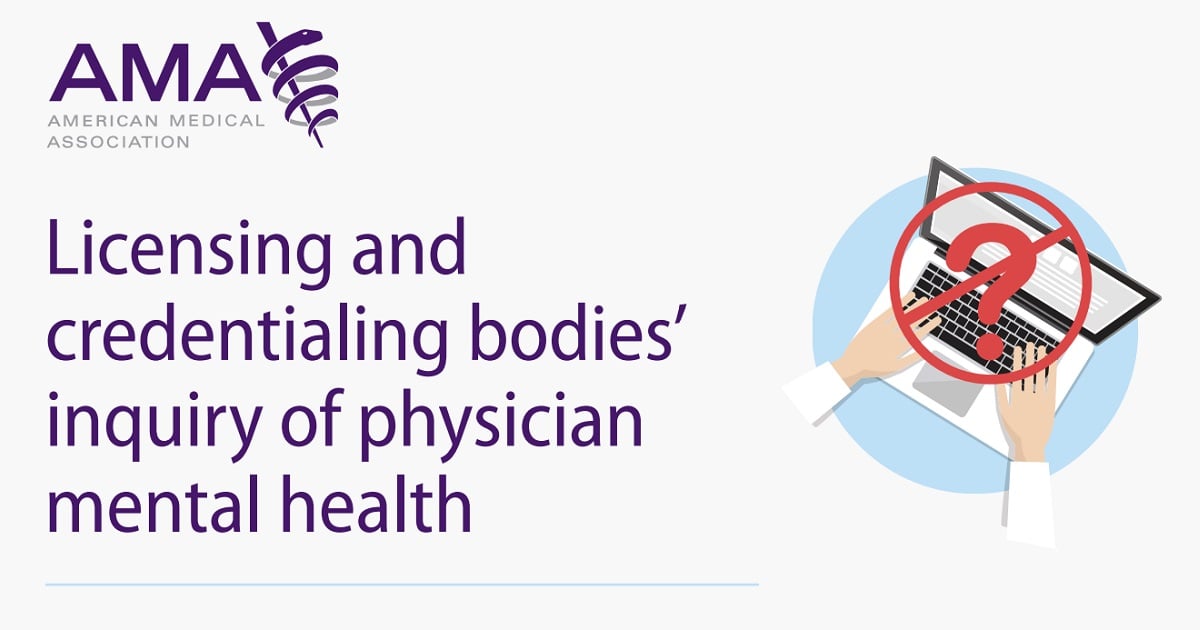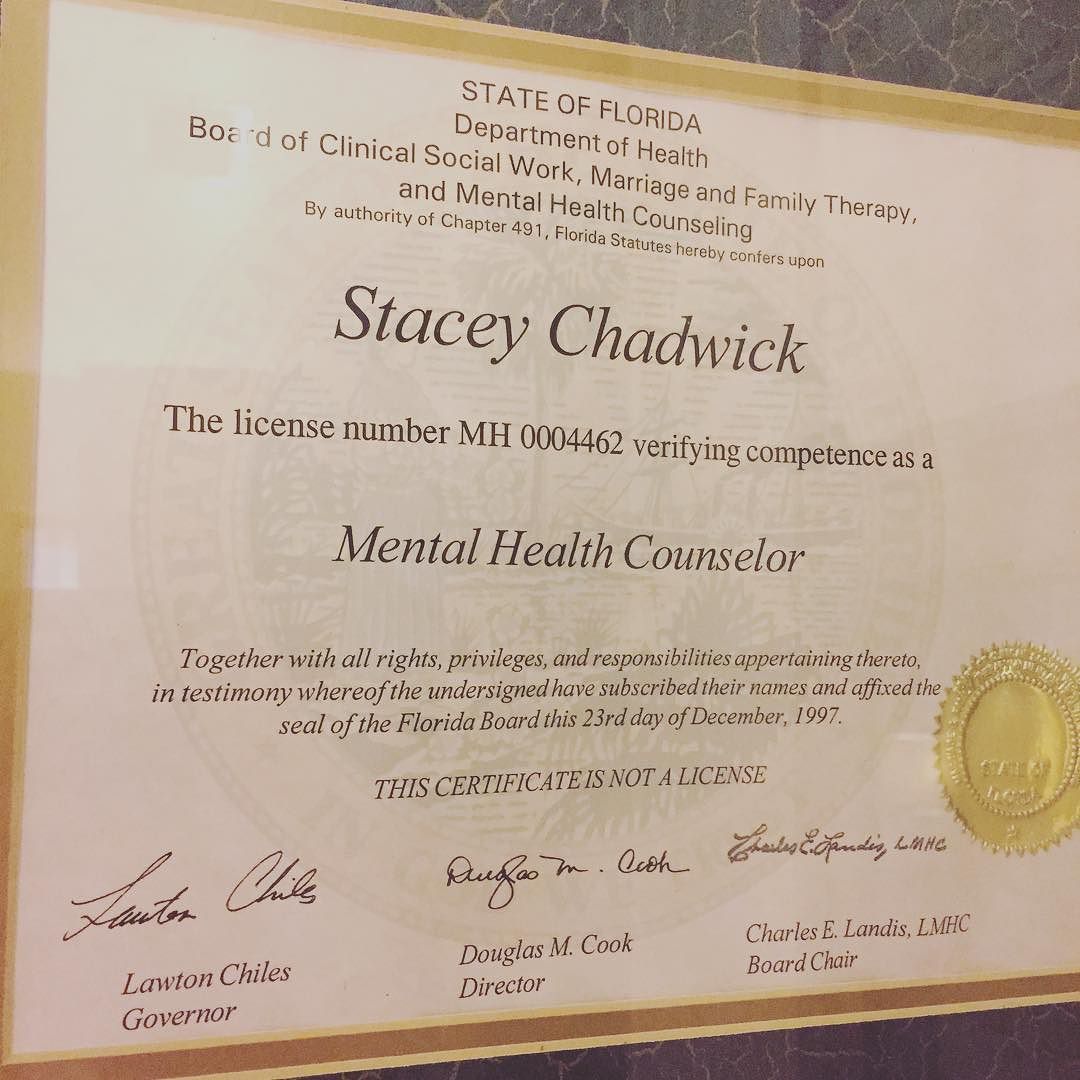Types of Licenses Needed
Securing the appropriate licenses is crucial for professionals working within the mental health sector. The specific requirements vary significantly depending on the professional’s role, their educational background, and the state or province in which they practice. Failure to obtain the necessary licenses can lead to legal repercussions and prevent individuals from legally practicing their profession.
Licensing requirements are complex and differ considerably across jurisdictions. Each state or province has its own regulatory body that establishes and enforces licensing standards. These bodies often have specific educational requirements, examination protocols, and continuing education mandates. Moreover, the type of facility – inpatient, outpatient, community-based – may also influence the specific licenses needed.
Licensing by Profession
The following list Artikels some common professional licenses required for working in mental health facilities. This is not exhaustive, and additional certifications or specializations may be needed depending on the specific job role and location.
- Psychiatrists: Require an MD or DO degree, followed by a residency in psychiatry, and successful completion of state medical licensing examinations.
- Psychologists: Need a doctoral degree (PhD or PsyD) in psychology, supervised clinical experience, and passing scores on the Examination for Professional Practice in Psychology (EPPP) and state-specific licensing exams.
- Social Workers: Typically require a Master’s degree in social work (MSW), supervised clinical experience, and passing scores on the social work licensing examination for their state/province.
- Registered Nurses (RNs): Need an associate’s or bachelor’s degree in nursing, successful completion of the NCLEX-RN examination, and state licensure. Specializations in psychiatric nursing are often beneficial but not always mandatory.
- Licensed Professional Counselors (LPCs): Require a master’s degree in counseling, supervised clinical experience, and passing scores on a state-specific licensing examination.
- Marriage and Family Therapists (MFTs): Need a master’s degree in marriage and family therapy, supervised clinical experience, and successful completion of a state licensing examination.
Variations in Licensing Requirements by Location
State and provincial licensing boards maintain their own regulations. These variations can encompass educational requirements, examination procedures, continuing education mandates, and the scope of practice permitted under the license. For example, the required number of supervised clinical hours for licensure as a psychologist might differ significantly between California and New York, or between Ontario and British Columbia. Similarly, the specific continuing education requirements to maintain a license can also vary widely. Professionals should always consult the relevant licensing board in their state or province for the most up-to-date and accurate information.
Registered Nurse Licensing Comparison, What is license for working at a mental health facility
The following table compares the licensing requirements for Registered Nurses (RNs) across three different jurisdictions: California (CA), New York (NY), and Ontario (ON). Note that these are simplified representations and specific requirements should be verified with the respective licensing boards.
| Requirement | California (CA) | New York (NY) | Ontario (ON) |
|---|---|---|---|
| Education | Associate’s or Bachelor’s degree in nursing | Associate’s or Bachelor’s degree in nursing | Bachelor of Science in Nursing (BSN) preferred, but may accept diploma or associate degree programs |
| Examination | NCLEX-RN | NCLEX-RN | NCLEX-RN |
| Licensing Body | California Board of Registered Nursing | New York State Education Department | College of Nurses of Ontario |
| Continuing Education | Varies, check with the BRN | Varies, check with the NYSED | Varies, check with the CNO |
Continuing Education and License Renewal: What Is License For Working At A Mental Health Facility

Maintaining a valid license in any mental health profession requires ongoing commitment to professional development and adherence to specific renewal procedures. This involves completing continuing education (CE) units and submitting renewal applications within designated timelines. Failure to meet these requirements can lead to license suspension or revocation.
Continuing education requirements vary depending on the specific profession, state, and licensing board. Generally, professionals are required to accumulate a certain number of CE credits within a specific timeframe, usually a two-year period. These credits must often be obtained through approved courses and workshops relevant to their field.
Continuing Education Requirements for Mental Health Professionals
The number of required CE credits and acceptable course types differ significantly across various mental health professions. For instance, a Licensed Clinical Social Worker (LCSW) might need 30 CE credits every two years, with a specified number of those credits dedicated to ethics or cultural competency training. A Licensed Professional Counselor (LPC) might have a similar requirement, but the specific areas of focus for required CE credits may vary. Psychiatric nurses and other mental health professionals will also have their own distinct continuing education mandates. It is crucial for professionals to consult their respective licensing boards’ websites for precise details regarding their specific requirements.
Examples of Relevant Continuing Education Courses
A wide array of continuing education courses cater to the diverse needs of mental health professionals. Examples include courses on evidence-based practices for treating specific disorders (such as Cognitive Behavioral Therapy for anxiety or Dialectical Behavior Therapy for borderline personality disorder), advanced training in trauma-informed care, workshops on cultural competency and working with diverse populations, seminars on ethical dilemmas in mental health practice, and courses on utilizing technology in mental health treatment (e.g., telehealth platforms). Many professional organizations offer continuing education opportunities tailored to their members’ needs.
License Renewal Process for Licensed Professional Counselors (LPCs) in California
In California, LPCs are required to renew their licenses every two years. The renewal process typically involves completing the required number of continuing education units (CEUs), paying a renewal fee, and submitting the renewal application online through the California Board of Behavioral Sciences (BBS) website. The specific number of CEUs required varies and should be confirmed on the BBS website. Late renewal fees are usually assessed for applications submitted beyond the deadline. For example, the fee might be $100 for on-time renewal and $200 for late renewal. The exact amounts and deadlines are subject to change and should be verified directly with the BBS. The renewal process generally involves providing proof of completion of CE courses and payment of the applicable fees.
Specific Requirements for Different Roles

Navigating the mental health field requires understanding the diverse roles and their associated licensing needs. Different positions demand varying levels of education, training, and responsibilities, impacting the type of license required to practice legally and ethically. This section will clarify the specific licensing requirements for several common roles within a mental health facility, highlighting the scope of practice for each.
What is license for working at a mental health facility – The licensing requirements for mental health professionals vary significantly depending on their roles and the specific state or jurisdiction in which they practice. These differences stem from the distinct responsibilities and levels of patient interaction associated with each position. Understanding these differences is crucial for both professionals entering the field and facilities employing them to ensure compliance with regulations and the delivery of safe and effective care.
Licensing Requirements for Psychiatric Technicians
Psychiatric technicians provide direct patient care under the supervision of a licensed mental health professional. Their responsibilities often include monitoring patients’ vital signs, administering medications (under supervision), documenting patient behavior, and assisting with activities of daily living. Licensing requirements for psychiatric technicians typically involve completing a state-approved training program and passing a competency exam. The specific requirements, including the length of the training program and the content of the exam, can vary by state. For instance, some states may require a certification from a nationally recognized organization, while others may have their own state-specific certification process. The scope of practice is strictly defined and emphasizes assisting licensed professionals rather than providing independent mental health treatment.
Licensing Requirements for Occupational Therapists
Occupational therapists (OTs) work with patients to improve their daily living skills and overall well-being. In a mental health setting, OTs may focus on helping patients develop coping mechanisms, improve social skills, and regain independence. To become an OT, one must earn a master’s degree from an accredited program and pass a national certification exam. State licensure is also typically required, involving additional background checks and continuing education requirements. The scope of practice for OTs is broader than that of psychiatric technicians, encompassing the development and implementation of therapeutic interventions aimed at improving functional abilities.
Licensing Requirements for Case Managers
Case managers coordinate care for patients with mental health conditions, often working with a multidisciplinary team. Their responsibilities include developing and implementing treatment plans, arranging for services, and advocating for patients’ needs. Licensing requirements for case managers vary considerably depending on their educational background and the specific tasks they perform. Some case managers may hold a bachelor’s degree in social work or a related field, while others may have a master’s degree. While some states may require licensure for case managers, others may not, particularly if their duties are limited to coordinating services rather than providing direct therapy. Their scope of practice focuses on care coordination and advocacy, rather than the direct provision of mental health treatment.
Comparison of Responsibilities and Required Licenses
| Role | Primary Responsibilities | Education Requirements | Licensing/Certification |
|---|---|---|---|
| Psychiatric Technician | Patient monitoring, medication administration (under supervision), behavioral documentation, ADL assistance | State-approved training program | State certification/licensure |
| Occupational Therapist | Develop and implement therapeutic interventions to improve functional abilities and daily living skills | Master’s degree from an accredited program | State licensure and national certification |
| Case Manager | Care coordination, treatment plan development, service arrangement, patient advocacy | Bachelor’s or Master’s degree in social work or related field | May or may not require state licensure depending on scope of practice and state regulations |
Background Checks and Criminal History

Securing a license to work in a mental health facility involves a thorough vetting process, designed to protect both clients and staff. A key component of this process is the background check, which aims to identify any potential risks associated with a candidate’s past. The specific procedures vary depending on the state and the licensing board, but generally include a comprehensive review of an applicant’s history.
The background check typically includes a review of criminal history records at both the state and federal levels, fingerprinting, and sometimes, a review of credit history and driving records. The scope and depth of these checks are determined by the licensing board’s regulations and the specific role the applicant is seeking. For instance, a position involving direct patient care might necessitate a more extensive background check than an administrative role. The goal is to ensure that individuals working with vulnerable populations have a history that demonstrates trustworthiness and reliability.
Implications of a Criminal Record
A criminal record can significantly impact the ability to obtain a mental health professional license. The presence of certain convictions, particularly those involving violence, theft, fraud, or crimes against children, will likely result in license denial. The severity of the offense, the time elapsed since the conviction, and evidence of rehabilitation are all considered. Licensing boards often have specific guidelines outlining which types of convictions are considered disqualifying and which may be subject to waivers or conditional licensing. For example, a minor offense from many years ago, coupled with demonstrable evidence of rehabilitation and a strong character reference, might not automatically preclude licensure. However, serious or recent offenses are more likely to lead to a denial.
Appealing a License Denial Based on Criminal History
If a license application is denied due to criminal history, the applicant typically has the right to appeal the decision. This process usually involves submitting additional documentation and evidence to support their case. This might include letters of support from colleagues, evidence of rehabilitation programs completed, psychological evaluations, or legal documents related to the conviction. The appeal process will vary depending on the state and licensing board but generally involves a formal hearing before a review board or administrative law judge. The applicant will have the opportunity to present their case and challenge the board’s decision. The outcome of the appeal is based on the evidence presented and the board’s interpretation of the relevant laws and regulations. Successful appeals are possible, but require a strong case demonstrating rehabilitation and mitigating circumstances.

Tim Redaksi